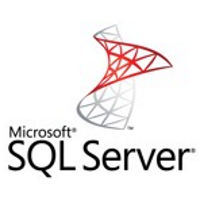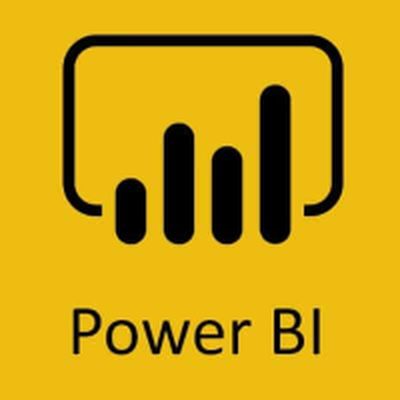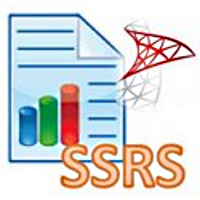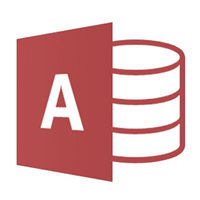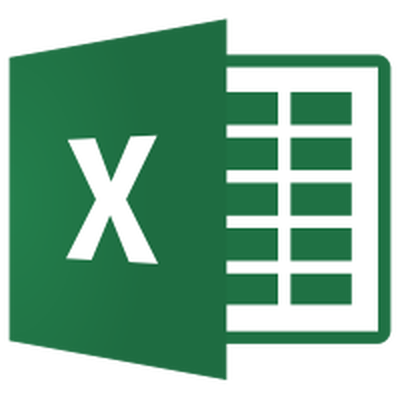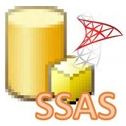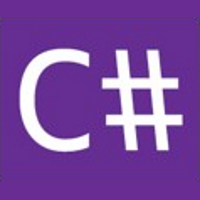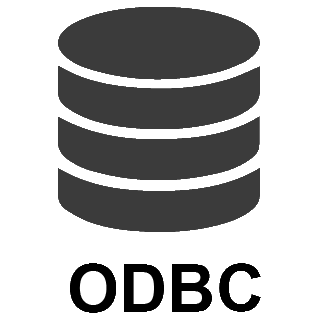
Google Calendar Connector
The high-performance Google Calendar Connector provides read/write capabilities within your application, allowing you to perform numerous Google Calendar operations with minimal coding or even no-coding at all. Integrate Google Calendar data into applications such as SSIS, SQL Server, any ODBC-compatible application, or even directly within a programming language using this connector.
Download for SSIS Download for SQL Server and ODBC Documentation
Integrate Google Calendar with these applications
Actions supported by Google Calendar Connector
Google Calendar Connector supports following actions for REST API integration:
Create event
Description
Creates event.
Parameters
You can provide the following parameters to this action:
-
CalendarId
Input Fields
You can provide the following fields to this action:
-
StartsOn -
StartsAt -
StartsInTimeZone -
EndsOn -
EndsAt -
EndsInTimeZone -
Kind -
Attendees -
Description -
GuestsCanInviteOthers -
GuestsCanModify -
GuestsCanSeeOtherGuests -
Location -
Recurrence -
Status -
Summary -
Transparency -
Visibility
Output Fields
The following fields are returned after calling this action:
-
Id -
Status -
Created -
Updated -
HtmlLink -
iCalUID -
eventType
Visit documentation for more information.
Delete event
Description
Deletes event.
Parameters
You can provide the following parameters to this action:
-
CalendarId -
EventId
Input Fields
You can provide the following fields to this action:
-
N/A
Output Fields
The following fields are returned after calling this action:
-
Id
Visit documentation for more information.
Get event
Description
Gets event.
Parameters
You can provide the following parameters to this action:
-
CalendarId -
EventId
Input Fields
You can provide the following fields to this action:
-
N/A
Output Fields
The following fields are returned after calling this action:
-
Id -
Kind -
Status -
HtmlLink -
CreatedAt -
UpdatedAt -
Summary -
Description -
CreatorEmail -
OrganizerEmail -
OrganizerDisplayName -
StartsAt -
StartTimeZone -
EndsAt -
EndTimeZone -
Attendees
Visit documentation for more information.
List calendars
Description
Lists calendars.
Parameters
You can provide the following parameters to this action:
-
N/A
Input Fields
You can provide the following fields to this action:
-
N/A
Output Fields
The following fields are returned after calling this action:
-
Id -
Summary -
Description -
TimeZone
Visit documentation for more information.
List events
Description
Lists events.
Parameters
You can provide the following parameters to this action:
-
CalendarId
Input Fields
You can provide the following fields to this action:
-
N/A
Output Fields
The following fields are returned after calling this action:
-
Id -
Kind -
Status -
HtmlLink -
CreatedAt -
UpdatedAt -
Summary -
Description -
CreatorEmail -
OrganizerEmail -
OrganizerDisplayName -
StartsAt -
StartTimeZone -
EndsAt -
EndTimeZone -
Attendees
Visit documentation for more information.
Move event to another calendar
Description
Moves event from one calendar to another.
Parameters
You can provide the following parameters to this action:
-
SourceCalendarId -
TargetCalendarId -
EventId
Input Fields
You can provide the following fields to this action:
-
N/A
Output Fields
The following fields are returned after calling this action:
-
Id
Visit documentation for more information.
Make Generic API Request
Description
This is generic endpoint. Use this endpoint when some actions are not implemented by connector. Just enter partial URL (Required), Body, Method, Header etc. Most parameters are optional except URL.
Parameters
You can provide the following parameters to this action:
-
HTTP - Url or File Path -
HTTP - Request Body -
HTTP - Is MultiPart Body (Pass File data/Mixed Key/value) -
HTTP - Headers (e.g. hdr1:aaa || hdr2:bbb) -
Parser - Filter (e.g. $.rows[*] ) -
Download - Enable reading binary data -
Download - File overwrite mode -
Download - Save file path -
Download - Enable raw output mode as single row -
Download - Raw output data RowTemplate -
Download - Request Timeout (Milliseconds)
Input Fields
You can provide the following fields to this action:
-
N/A
Output Fields
The following fields are returned after calling this action:
-
N/A
Visit documentation for more information.
Make Generic API Request (Bulk Write)
Description
This is a generic endpoint for bulk write purpose. Use this endpoint when some actions are not implemented by connector. Just enter partial URL (Required), Body, Method, Header etc. Most parameters are optional except URL.
Parameters
You can provide the following parameters to this action:
-
Url -
IsMultiPart -
Filter -
Headers
Input Fields
You can provide the following fields to this action:
-
N/A
Output Fields
The following fields are returned after calling this action:
-
N/A
Visit documentation for more information.


